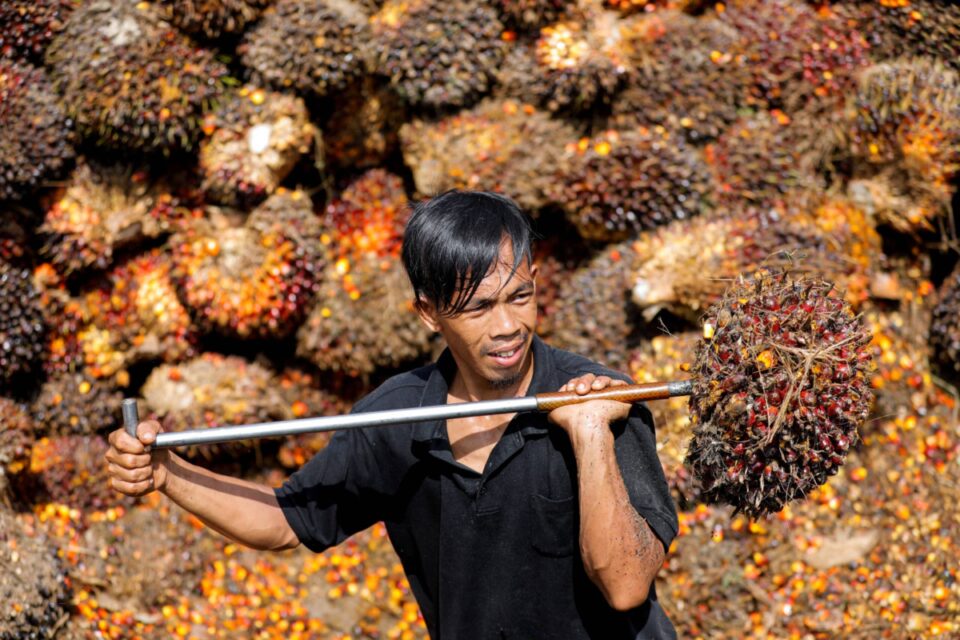KUALA LUMPUR, Nov 9 — Malaysia’s crude palm oil (CPO) is expected to trade between RM4,000 and RM4,200 per tonne next year, down from RM4,900 per tonne recorded in 2022, impacted by weather developments, geopolitical risks, government policies and slower global economic growth, said industry experts.
Fastmarket Palm Oil Analytics senior analyst Sathia Varqa said supply risk from weather, sunflower oil pricing and the ongoing geopolitical tension are the three main swing factors in the November-December 2023 CPO pricing as well as for next year.
“The El Nino effect is delayed until next year. If it is fully developed, it is expected to reduce yield and cut production by around a million tonnes in 2024 with most losses to come in between January and June,” he said at the CPO market outlook session today held in conjunction with the Malaysian Palm Oil Board (MPOB) International Palm Oil Congress and Exhibition.
Themed “Navigating Uncertainties, Building Resilience”, it reflects the industry’s concerted efforts to address global challenges and strive for greater heights.
Raising concerns about next year’s CPO prices, the head of Hamburg-based firm Oil World, Thomas Mielke, said volatility has increased.
“(There were) big price swings of between US$530 in May 2020 and US$1,900 in March 2022. Supply concerns will emerge again. I would not be surprised if there is even more volatility in the coming years,” he said.
CIMB Investment Bank’s Ivy Ng, who heads both Malaysia and agribusiness research, has forecast CPO to trade at RM4,100 next year driven by flattish global oil palm supply, with Malaysia producing 18.2 million tonnes and Indonesia 48 million tonnes.
“Lower yield from ageing palm oil estates, weather (conditions), reduced fertiliser input in prior years, and lower productivity from new workers will affect next year’s supply,” she said at the same session.
She said tax policies related to exports, levies, import duties, biodiesel, regulations including the EU Deforestation Regulation and the palm oil moratorium will also be key factors affecting the industry next year.
Meanwhile, Sathia said demand for biodiesel is expected to rise on the back of Indonesia’s implementation of B35 and high crude oil prices.
“Total biodiesel consumption is expected to be around 12 million kilolitres under the B35 blend rate,” he said, adding that biodiesel usage was up 17 per cent — a record high — in the first nine months of this year versus the same period in 2022.
Mielke said biodiesel total production will rise by about 500,000 tonnes if the B35 blend continues to be used.
“If they stay at B35, total production of biodiesel will rise but for the next 12 months, production will probably be flat, probably declining,” he added.
— Bernama





